What is Japan’s controversial dolphin hunt?
Campaigners slam cruelty of annual hunt but locals say they depend on the trade
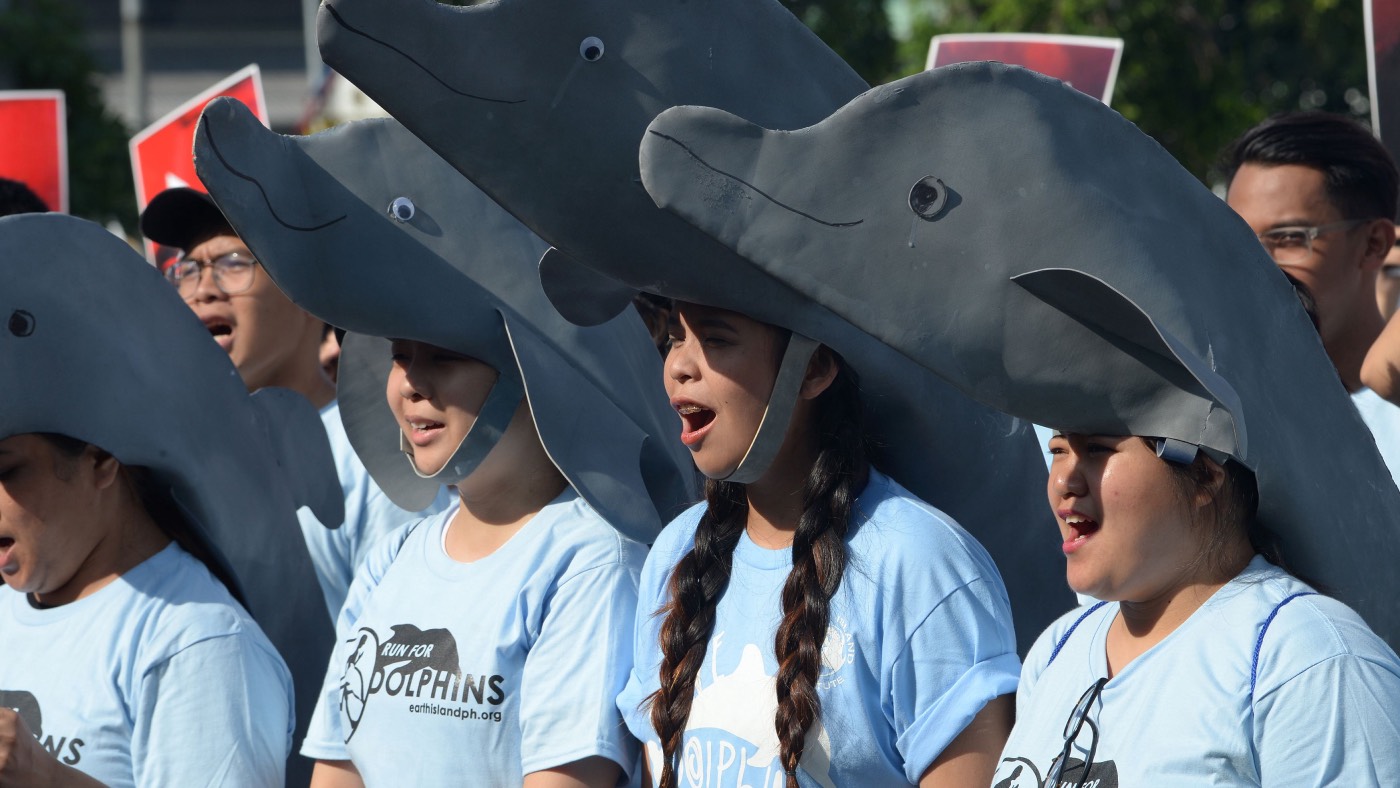
A free daily email with the biggest news stories of the day – and the best features from TheWeek.com
You are now subscribed
Your newsletter sign-up was successful
Japan has begun its annual dolphin hunt in the coastal town of Taiji. The controversial hunt sees dolphins driven into a cove and either slaughtered for their meat in the shallow waters, or sold to aquariums and marine parks.
Some of the mammals are speared repeatedly by fisherman whose propellers can slice the dolphins’ skin. Others are held underwater to drown.
Campaigners say dolphins can take up to 30 minutes to die by suffocation or drowning but local fisherman insist the community’s livelihood is dependent on the trade.
The Week
Escape your echo chamber. Get the facts behind the news, plus analysis from multiple perspectives.

Sign up for The Week's Free Newsletters
From our morning news briefing to a weekly Good News Newsletter, get the best of The Week delivered directly to your inbox.
From our morning news briefing to a weekly Good News Newsletter, get the best of The Week delivered directly to your inbox.
Dolphins are more lucrative when caught alive and sent to aquariums, but marine parks have come under pressure for dealing with the hunters.
In the wild, dolphins live for up to 60 or 70 years, but those captured in the hunt often die when they are as young as eight, say campaigners, who are calling for the hunt to be banned.
Up to 1,700 dolphins can legally be butchered or caught over the course of the six-month season, which runs until March.
The hunt first sparked global controversy when it was featured in the 2009 Oscar-winning documentary The Cover.
A free daily email with the biggest news stories of the day – and the best features from TheWeek.com
The new season began despite legal action launched by activists attempting to block the practice. Although 10 members of a Japanese animal rights group gathered at the port, they were unable to disrupt the start of the season.
The Daily Telegraph reports that the Japanese government has defended dolphin hunting in the past, with Yoshihide Suga, chief cabinet secretary, declaring five years ago that it is a “form of traditional fishing in our country”.
-
 Anthropic: AI triggers the ‘SaaSpocalypse’
Anthropic: AI triggers the ‘SaaSpocalypse’Feature A grim reaper for software services?
-
 NIH director Bhattacharya tapped as acting CDC head
NIH director Bhattacharya tapped as acting CDC headSpeed Read Jay Bhattacharya, a critic of the CDC’s Covid-19 response, will now lead the Centers for Disease Control and Prevention
-
 Ex-South Korean leader gets life sentence for insurrection
Ex-South Korean leader gets life sentence for insurrectionSpeed Read South Korean President Yoon Suk Yeol was sentenced to life in prison over his declaration of martial law in 2024
-
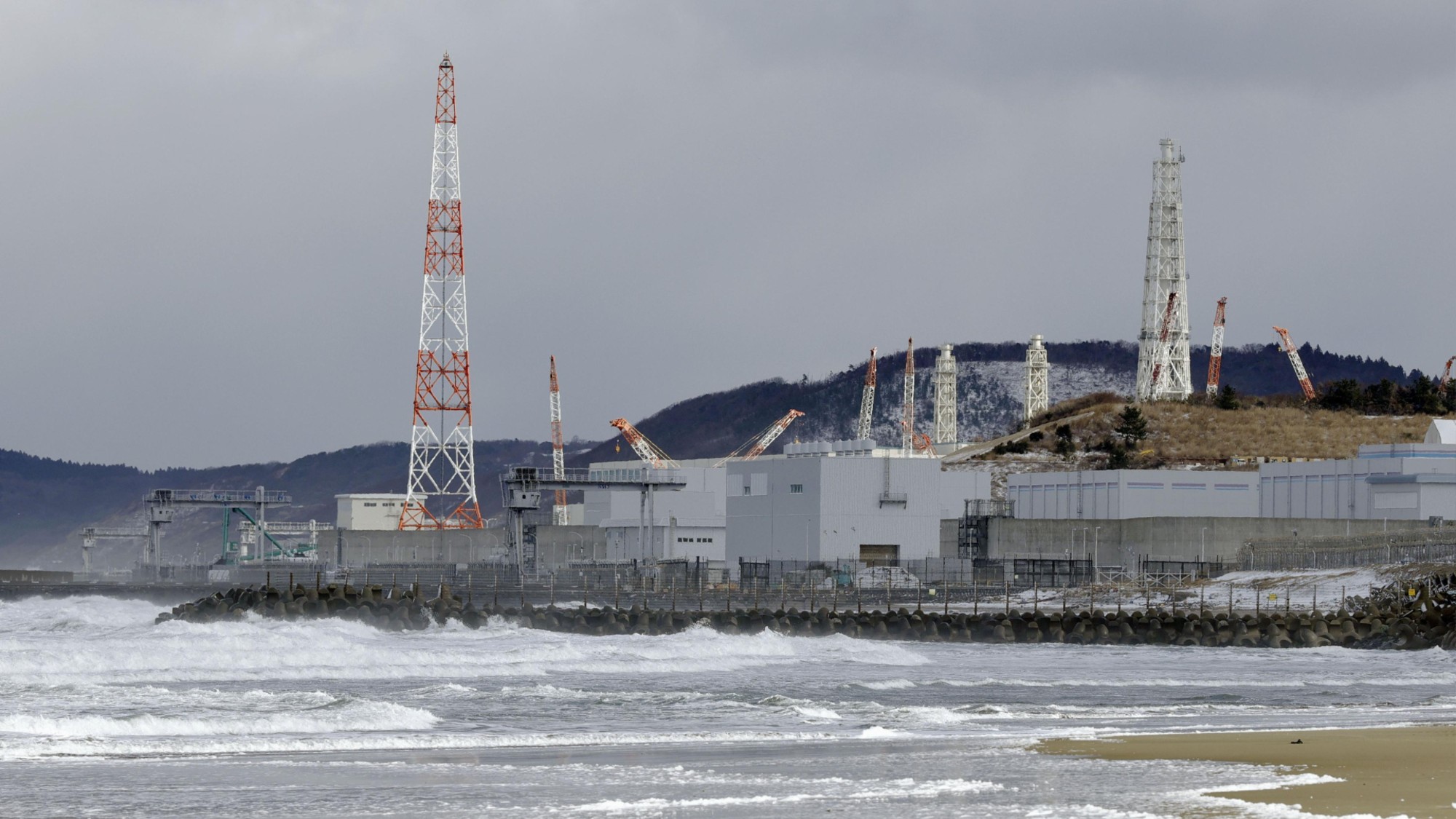 Fifteen years after Fukushima, is Japan right to restart its reactors?
Fifteen years after Fukushima, is Japan right to restart its reactors?Today’s Big Question Balancing safety fears against energy needs
-
 Are we entering a ‘golden age’ of nuclear power?
Are we entering a ‘golden age’ of nuclear power?The Explainer The government is promising to ‘fire up nuclear power’. Why, and how?
-
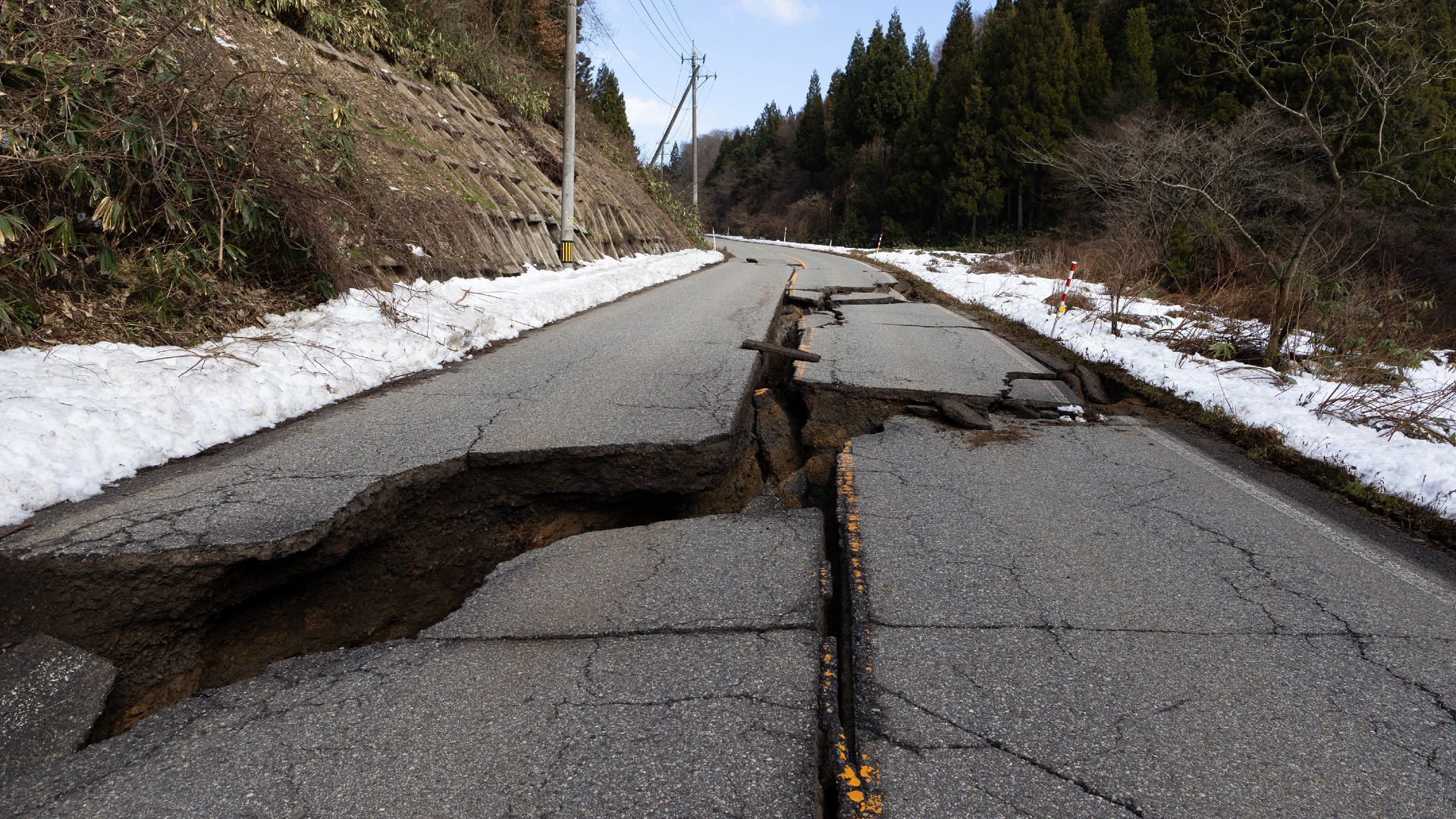 How did Japan's earthquake compare to others across the world?
How did Japan's earthquake compare to others across the world?Today's Big Question Relatively low death toll a testament to country's preparedness, say experts
-
 North Korea fires ballistic missile over Japan
North Korea fires ballistic missile over JapanSpeed Read
-
 Shell’s North Sea oil U-turn: ‘a first victory in a longer war’?
Shell’s North Sea oil U-turn: ‘a first victory in a longer war’?Speed Read Controversy after oil giant pulls out of proposed Cambo project
-
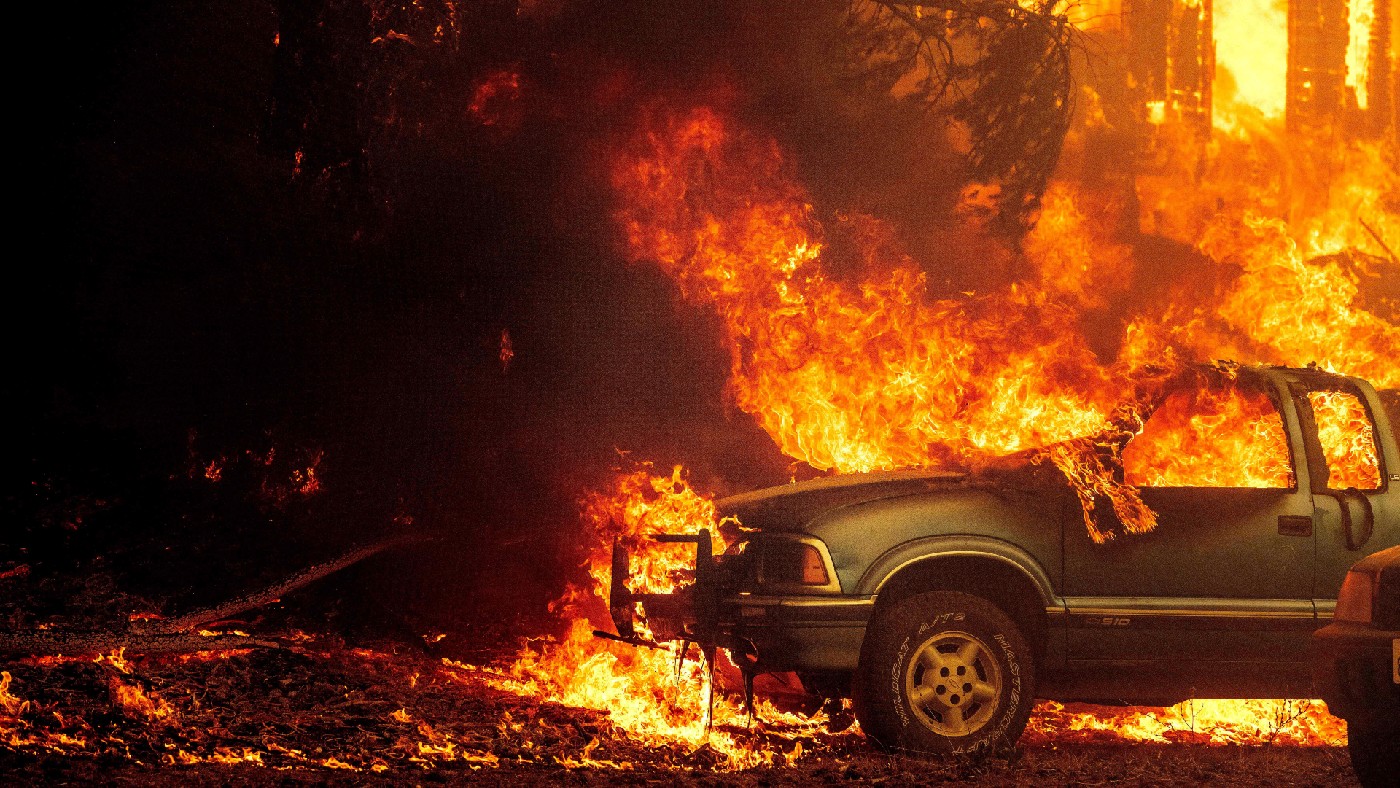 Fires, floods and storms: America’s ‘permanent emergency’ has begun
Fires, floods and storms: America’s ‘permanent emergency’ has begunSpeed Read This summer of climate horror feels like the ‘first, vertiginous 15 minutes of a disaster movie’, says The New York Times
-
 Hot air and empty rhetoric: is the UK acting too slowly on climate change?
Hot air and empty rhetoric: is the UK acting too slowly on climate change?Speed Read ‘Every day, new evidence accumulates that humanity is on an unsustainable path’
-
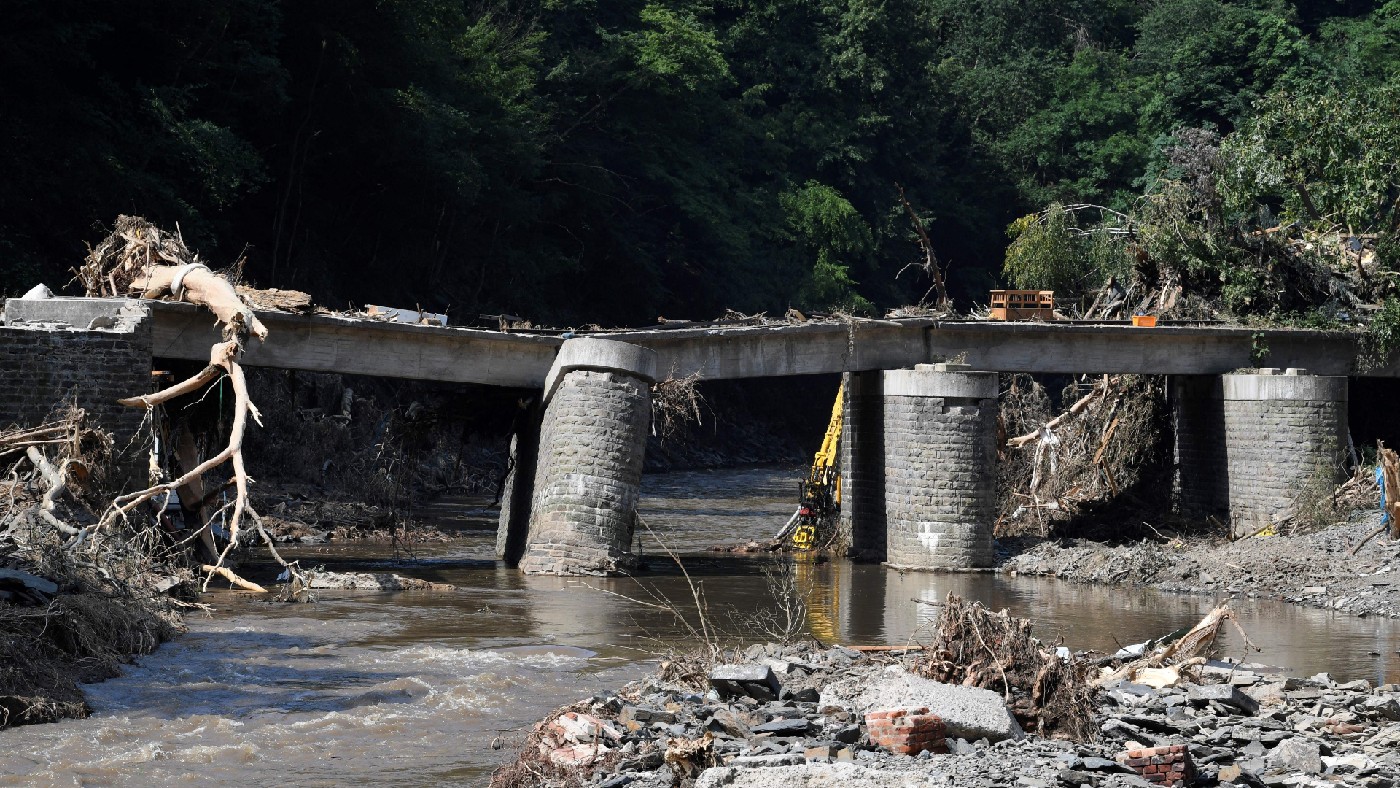 Germany floods: what led to this ‘once-in-a-century’ disaster?
Germany floods: what led to this ‘once-in-a-century’ disaster?Speed Read Nearly 200 people died in Germany and Belgium; hundreds are still unaccounted for